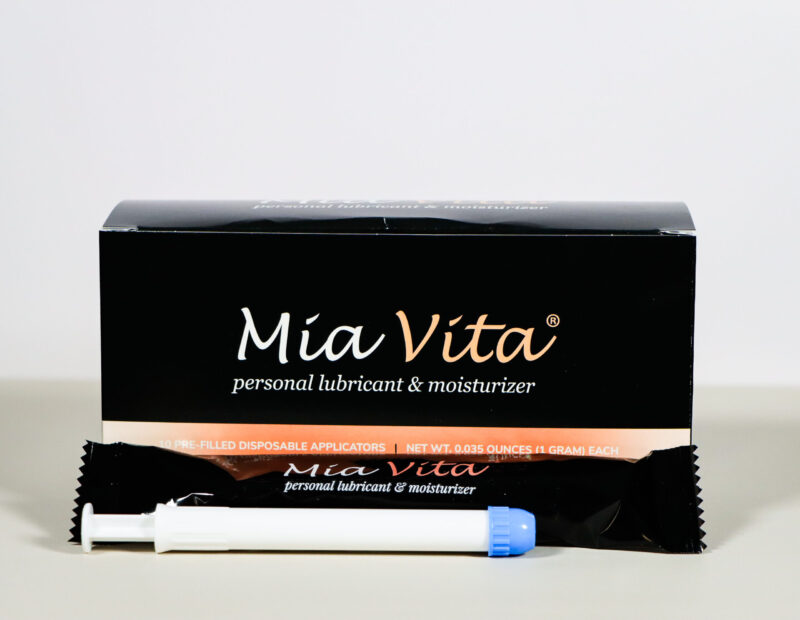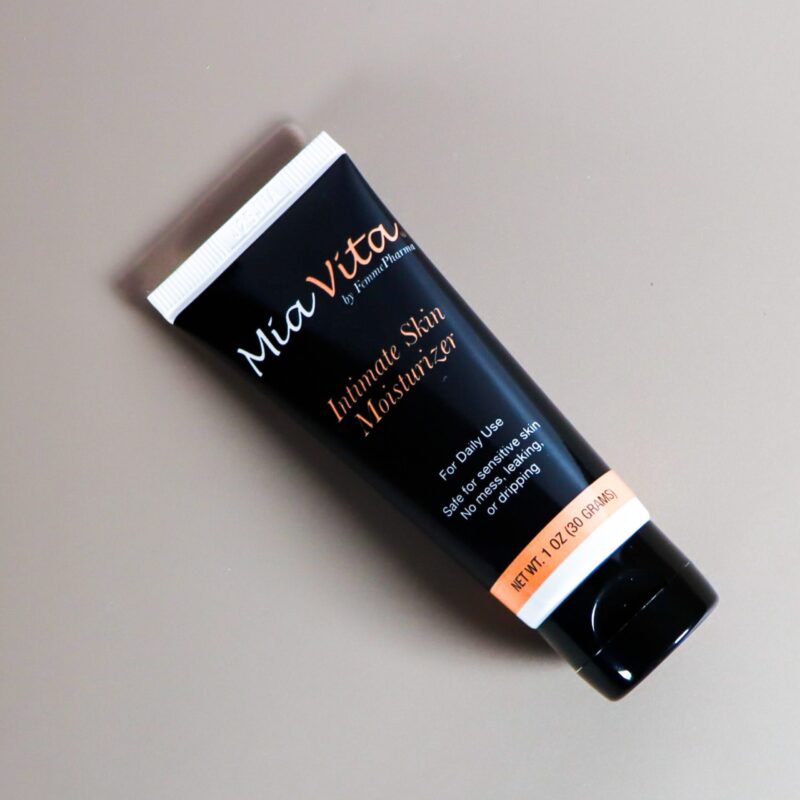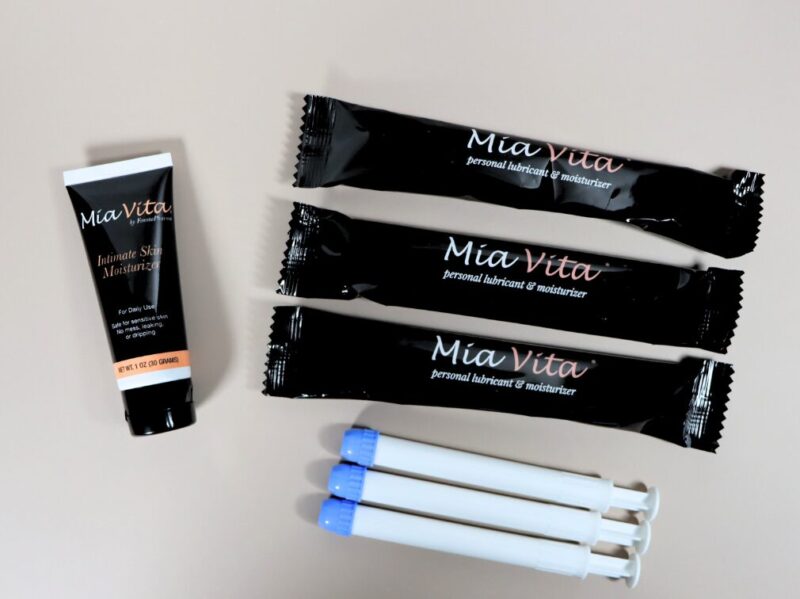Urban myths about the vagina are widespread and a common part of the taboo that often surrounds the female body.
Here, we break down what’s true and what’s not about these ubiquitous vaginal myths, so you can feel less ashamed and more empowered about this life-giving part of your body.
6 Common Vaginal Myths to Stop Believing
Myth #1: Your vagina smells unpleasant, and you must use special products to clean it
Perhaps the most long standing of all vaginal myths, the idea that our vaginas are unclean and impure has been around for centuries. And this myth was only further perpetuated during the Industrial Revolution and the rise of capitalism. Companies selling feminine hygiene products began to manufacture douches and cleansers that promised to rid our vaginas of their unpleasant odors and make our nether regions smell as fresh and fragrant as a flower.
But the truth is, everyone’s vagina smells a little different – and we don’t need anything special to clean it, beyond water. Using douches may even cause irritation, itching, or infection – so it’s best to steer clear and let our bodies cleanse themselves naturally, as they’re designed to do.
Myth #2: If you don’t orgasm during sexual intercourse, there’s something wrong with you
Almost as soon as we become sexually active, we start to hear it: that, if we’re heterosexual women, we’re supposed to have an orgasm during penile-vaginal sexual intercourse. If we don’t, there’s something wrong with us or our bodies.
And this pervasive societal pressure doesn’t just affect women. Men feel pressured to “perform” and help us achieve this elusive vaginal orgasm as well.
So rest assured – if you’ve never experienced an orgasm during intercourse alone, you’re not abnormal. Most women – roughly 75% of us – do not orgasm during penetrative sex without additional stimulation. This is because the majority of the sensitive nerve endings that lead to orgasm are located in the clitoris and not the vagina.
Myth #3: Having lots of sex makes the vagina “loose”
This is perhaps the most harmful myth – the idea that women who engage in frequent sexual intercourse are “stretching out” their vaginas; that they’ve become “loose.” The term loose in this context can also indicate a negative double meaning here: loose vagina implies loose sexual morals.
In reality, our vaginas are elastic. They tend to stretch and expand during specific situations – such as during sexual arousal or childbirth – and constrict back to their original shape over time. Of course, the shape of our vaginas does change when the strength of our vaginal muscles change – again, during childbirth, and also during menopause due to a drop in hormones.
Myth #4: Vaginas should look a certain way
This myth didn’t used to be as common, but that’s changed in recent years. Today, celebrities and the media are promoting the idea that our vaginas should have a certain visually appealing aesthetic; that we need vaginal rejuvenation to correct how we look down there.
This trend has led to a rise in surgeries such as labiaplasty to reshape the labia, or vaginoplasty to tighten the vaginal area. (Note: Just like any cosmetic surgery, these procedures do have their place beyond aesthetic enhancements. Often, they’re used to repair damaged skin or other issues.)
The bottom line? All of our vaginas look a little different, and this is completely normal.
Myth #5: Vaginal discharge is abnormal
Have no fear – vaginal discharge is completely normal. Our bodies process it to help clean the area and prevent infections. If you’re still menstruating, you may also notice that the amount and consistency of discharge changes throughout the month, based on where you’re at in your cycle. This is also completely normal.
You should only be concerned about your discharge if it changes color, increases significantly, or starts to smell. These symptoms could indicate potential infection or other issues. It’s best to consult with your healthcare provider to determine the cause.
Myth #6: Vaginal itchiness or burning is always caused by a yeast infection
When we start to feel that familiar itch down there, it’s easy to assume it’s a yeast infection – especially if we’ve had similar symptoms in the past.
But vaginal itching or burning could be caused by many different things – vaginitis, hormonal changes due to perimenopause, and more. So before you reach for that over-the-counter medication, perhaps consider reaching out to your doctor. For topical relief from vaginal or vulvar itching and burning, try Mia Vita Personal Lubricant & Moisturizer or Mia Vita Gel.
FemmePharma has been helping women navigate menopause for over two decades. No matter where you are in your journey, you deserve to have knowledgeable, intimate healthcare partners to help you feel your best. Explore our other articles, podcast episodes with women’s health experts, and products to ease your transition into menopause.



